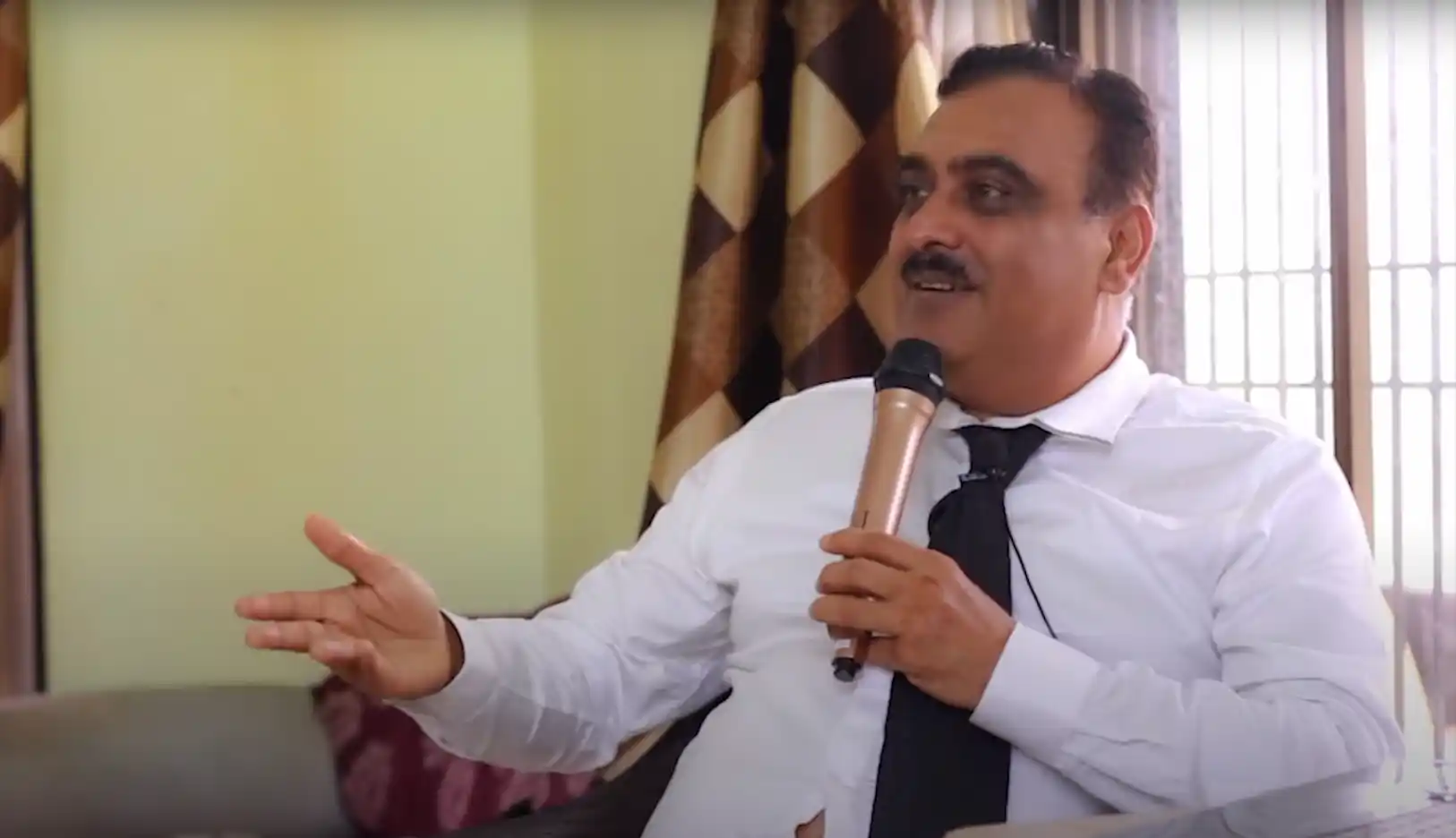Get Consultation regarding your Disease with our Expert, Sign Up now



A program that will help you if…
Dyslexia is a specific learning disorder characterized by difficulties with accurate and/or fluent word recognition and by poor spelling and decoding abilities. It is not related to intelligence but affects the way the brain processes written and spoken language. Individuals with dyslexia often struggle with reading fluency, comprehension, and writing, despite having normal intelligence and receiving adequate instruction.
These challenges are typically linked to difficulties with phonological processing, which involves recognizing and manipulating the sounds of spoken language. Dyslexia can vary in severity, and its impact can be mitigated through early diagnosis and intervention. Effective treatment strategies include specialized reading programs that focus on phonics, multisensory learning techniques, and accommodations such as extended time on tests or the use of audiobooks. With appropriate support and intervention, individuals with dyslexia can develop effective reading skills and succeed academically and professionally.
The most popular questions to discuss mental health
Dyslexia broken up is “dys” meaning difficulty and “lexia” meaning language. It indicates a problem in communication or as it is medically known, Dyslexia.
Our research shows that dyslexia can be treated. If one performs a cursory Google search to dispute this statement, they will find results that state the opposite – According to Google, dyslexia can never be treated. However unlike them we have results of many patients who have undergone treatment to show that Dyslexia can definitely be treated.
We have created shining examples of what is possible for children and adults with dyslexia to achieve. The reality is, with treatment and some efforts they can be free of this disease and achieve even more than an ordinary person is capable of achieving.
The causes of Dyslexia in the child are lack of confidence, low self-esteem, suffering or sadness in life, overthinking, doubtful nature, indecisiveness, negativity, frustration with parents, bad memories, uncontrolled fear, phobias. There are many more reasons which would not be worth the time to state, however we have developed a test to tell exactly what reasons caused this disease in the patient with a simple test which we call ‘Mind Mapping Test’.
Dyslexia is caused by the parent’s state as well. A poor home environment, dispute between the parents, stress, financial unrest in the house, tension, etc also greatly increase the risk of this disease. Research shows that if these factors are present there is a 40% chance of the child developing dyslexia.
Symptoms of dyslexia vary, but the most common factor is anxiety. The child thinks a lot about things that worry him/her, so much so that the child is unable to pay attention at school or games even when told to pay attention. It is our research that about 8 to 10% of children suffer from dyslexia, it is the most widespread disability in children.
Other easier to notice symptoms are:
Reading well below the expected level for age
Problems processing and understanding what he or she hears
Difficulty finding the right word or forming answers to questions.
Problems remembering the sequence of things.
Difficulty seeing (and occasionally hearing) similarities and differences in letters and words.
Inability to sound out the pronunciation of an unfamiliar word.
Difficulty spelling.
Spending an unusually long time completing tasks that involve reading or writing.
Avoiding activities that involve reading.
From the hundreds of children suffering from dyslexia we have obtained the report that medicine has not helped a single child completely recover to normalcy or even pay proper attention in class. Further on, in earlier days it was believed that dyslexia is a neurological disorder or a brain disorder. In reality it is a mental disorder.
When compared against girls, more boys suffer from dyslexia than girls. Previously people would give up hope and fall in the trap that dyslexia is a lifelong disease. But now it is possible to completely recover from dyslexia in one to three years.
At the moment there is no uniform laboratory test or blood test to prove the existence of this disease in chemical form i.e. science cannot find any virus or neurological test to point at faulty cells or virus in the child’s brain. Ordinarily a psychologist performs one IQ, asks the child to fill out a questionnaire and comes to the conclusion that the child is suffering from dyslexia. There is no need for MRI or CT scan to detect this disease.
From the point of view of a child suffering from dyslexia. The child may think ‘I have not made any mistake, I am lazy, but I am not dumb, sometimes I do good things, sometimes I understand clearly, and the only problem is I get bored studying, I do not understand the words, I forget the ideas and I believe the ignorance of God has cursed me with this disease.’
It is my promise that dyslexia can be treated in 1 to 3 years. Parents have to come for the treatment for 5 to 10 days with a child, and then there will be the treatment of the child. Within one year, 75% of the children get treated. My name CA Kailash Mantry, I am a Life Coach and Mental Health Consultant.
Contact Info
We're here to help! Reach out to us with any questions, to schedule an appointment
Phone
- +91 8355848176
- +91 8208292331
- kailashmantry022@gmail.com
Address
- Rajyog Bungalow, Nirmal Rd, Gomesali, Nalasopara West, Nala Sopara, Maharashtra 401203
Working Hours
- Mon to Fri:- 10 am - 8 pm
- Sat to Sun:- 10 am - 8 pm






